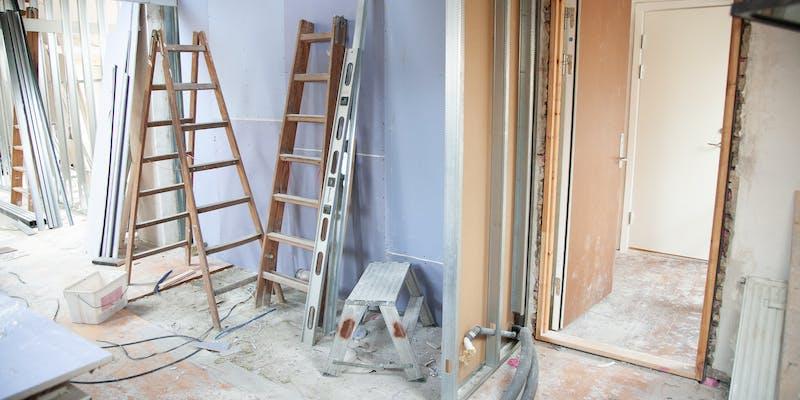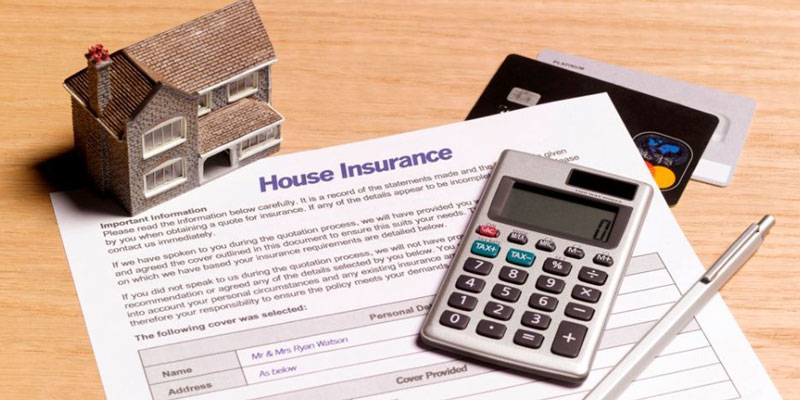FHA cash-out refinances can help low-credit borrowers access home equity. The Federal Housing Administration's FHA loans are accessible to people with lower credit scores due to its more relaxed qualification standards. Despite the benefits, FHA loans demand higher mortgage insurance rates, which must be considered. These premiums might increase refinancing costs, affecting financial viability. Understand the basics and carefully evaluate the charges to decide if this choice is best for their financial needs while seeking home equity money.
Workings of Cash-out Refinance
Like other cash-out refinancing loans, FHA ones are methodical. Step-by-step overview:
- Compare Prices: Compare FHA-approved lender rates first. Shopping around helps you get the best refinancing terms.
- Provide Financial Documentation: FHA cash-out refinances require proof of income for the prior two years. To determine creditworthiness, lenders will examine your credit report and ratings.
- Lock Your Interest Rate: After selecting a lender and loan terms, you may lock in your interest rate. This vital step ensures the rate you agreed on, shielding you from market changes.
- Home Evaluation: Appraising your house is crucial. FHA assessments are more costly and have stricter property standards than ordinary evaluations. The appraisal determines your home's market worth and loan limit.
- Finalize Loan Figures: Review closing disclosure for loan amount, interest rate, closing charges, etc. Make sure all information matches your expectations.
- Provide Final Documents: The lender may require final paperwork before closing. This may involve income verification or other proof.
- Closing: Sign documents at the closing meeting. After closing, you'll get the refinancing cash and new loan conditions.
Borrowers can use their home equity for financial objectives by knowing and managing the FHA cash-out refinancing procedure.
FHA Cash-out Refinance
FHA cash-out plan allows homeowners with FHA loans to borrow more than their mortgage balance and get the difference in cash. This option lets homeowners use their home equity for numerous purposes. Refinance funds may be utilized in many ways, giving borrowers financial freedom.
FHA cash-out refinances are often used to support home upgrades that increase value and livability. Individuals may also combine high-interest-rate debt into a single, more manageable loan with a reduced interest rate. The cash-out monies can be used to invest in higher education or help family members achieve their academic ambitions. Some homeowners use this option to create a company or side gig, contributing capital.
Requirements for FHA Cash-out

Meet these criteria to be eligible for a cash-out refinancing with the Federal Housing Administration (FHA):
Occupancy Requirement
You can only use equity from your principal house, per FHA rules. This implies the property must be your daily residence. Investment and second residences cannot get FHA cash-out refinancing. This condition was implemented to guarantee that FHA benefits go to primary residence owners.
Required Residence Length
FHA cash-out refinances require proof of 12 months of residence. This 12-month occupancy rule prevents people from getting an FHA loan for fast cash-out refinancing. The FHA helps homeowners who have committed to their principal dwelling. This verification of the borrower's property commitment helps estimate loan risk. Loan applicants show stability and a real connection to the property by showing a year-long residency.
History of Payments
The FHA prioritizes payment history together with occupancy and length of residence. You must have made on-time mortgage payments for 12 months to qualify for an FHA cash-out refinancing. Due payments must have been created in the month. FHA financing relies on this payment history to assess the borrower's financial responsibility and mortgage repayment capabilities.
Consistent and timely payments reassure the lender of the borrower's creditworthiness and economic stability. FHA cash-out plan transactions are possible before the 12-month occupancy period if you own your house outright without mortgage debt. This exemption permits homeowners without a mortgage to access their home equity sooner due to their different financial profiles.
Maximum LTV
FHA cash-out refinances have a maximum LTV of 80%. This implies the new mortgage cannot exceed 80% of the home's appraised worth. The LTV ratio is important because it measures loan risk. The FHA caps LTV at 80% to reduce risk and guarantee homeowners retain equity. This cautious strategy protects borrowers and lenders from overleveraging home equity.
Minimum Credit Score
FHA cash-out refinances have a lower credit score threshold than conventional ones, usually 620. The minimum credit score for FHA cash-out refinancing is 500. This lower criterion lets those with bad credit apply for the program. While a lower credit score may qualify you, it may increase your loan interest rate.
The expense of a lower credit score is important. Lower credit scores may result in higher interest rates, increasing borrowing costs. Borrowers must also consider FHA mortgage insurance. FHA loans need mortgage insurance, which requires it to be at 20% equity. This expense must be included when calculating the financial viability of an FHA cash-out refinancing.
Federal Debt Payment History
A FHA cash-out refinance requires no outstanding federal debt. FHA-approved lenders must use the Credit Alert Interactive Verification Reporting System (CAIVRS) database to check for federal debts such as delinquent student loans and federal judgments. This provision requires applicants to meet federal responsibilities before receiving an FHA loan, increasing financial responsibility.
FHA Loans Limit
FHA loan restrictions are based on geographical region and determine the maximum amount you may borrow under the program. The 2023 FHA single-family house loan ceiling in much of the country is $472,030. Borrowers must know these restrictions since they affect FHA loan borrowing power. The FHA's loan limit search tool can help consumers determine the loan limit for their location, which may be greater in high-cost areas.
Cash-out Refinance Closing Cost

Closing expenses for FHA cash-out refinances generally vary from 2% to 6% of the loan amount. Origination, credit report, and underwriting fees are normal closing charges for various loan types.
Closing expenses vary by lender, region, and loan amount. Borrowers should get thorough quotations from their FHA-approved lender to determine their refinancing closing costs. The range offered is a general approximation. The upfront FHA mortgage insurance price of 1.75% should include closing fees. This one-time charge differs from the yearly Mortgage Insurance Premium and is needed during loan origination. A Refinance FHA loan must pay an annual MIP based on the loan balance and duration.




